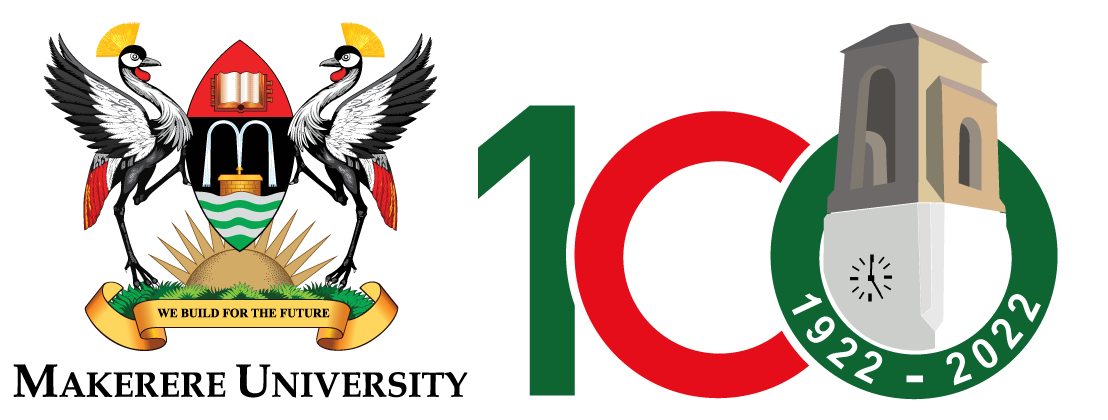INVITATION: The Dean, School of Education under the College of Education and External Studies (CEES), cordially invites you to the PhD Public Defense of the following candidate:
Name of the Candidate: NAKAWUKI ROSE COSTA
Title of Thesis:
TEACHERS’ PROFICIENCY IN IMPLEMENTING COMPETENCE BASED CURRICULUM FORMATIVE ASSESSMENT PRACTICES IN SELECTED PUBLIC SECONDARY SCHOOLS IN MPIGI DISTRICT, UGANDA
Date: Friday 14th November 2025.
Time: 10:00 am
Supervisors:
- DR. CHARLES KYASANKU
- DR. TIMOTHY TEBENKANA
ABSTRACT
This study investigated the proficiency of teachers in implementing Competence-Based Curriculum (CBC) formative assessment practices in selected public secondary schools in Mpigi District, Uganda. Guided by Biggs’s Constructive Alignment Theory, the research concentrated on four principal areas: teachers’ knowledge of CBC formative assessment, their capability to design formative assessment tools, competence in marking and scoring, and proficiency in providing feedback. Utilizing a qualitative case study design, data were collected through in-depth interviews with teachers, school administrators, and education officials, non-participant lesson observations, and document reviews. Thematic analysis was conducted using Atlas software. The findings reveal that while teachers possess a fundamental understanding of formative assessment as an ongoing classroom process, their application remains significantly influenced by traditional summative approaches. Teachers exhibited emerging competence in designing formative assessment tools, particularly in science subjects where external guides were available, yet they encountered difficulties in developing rubrics and fully aligning tools with CBC competencies. Marking and scoring practices were inconsistent and frequently lacked the use of competency-based rubrics, often focusing on right/wrong answers rather than the progression of skills. Feedback was predominantly oral and generic, lacking specificity or actionable guidance to support student learning. Systemic challenges, such as large class sizes, limited instructional materials, and insufficient targeted professional development, have impeded effective implementation across all areas. This study underscores the necessity for sustained, practice-oriented Continuous Professional Development (CPD) tailored to CBC formative assessment, emphasizing rubric development, competency-aligned scoring, and effective feedback strategies. Policymakers and school leaders should address resource constraints and promote accessible national guidelines to enhance assessment fidelity. Improving teacher proficiency in CBC formative assessment is critical for advancing learner-centred education, fostering 21st-century skills, and achieving Uganda’s national education and development goals.
Keywords: Competence-Based Curriculum, Teacher Proficiency, Formative Assessment
Your presence and participation will be highly appreciated as we support the student in this important academic milestone.

